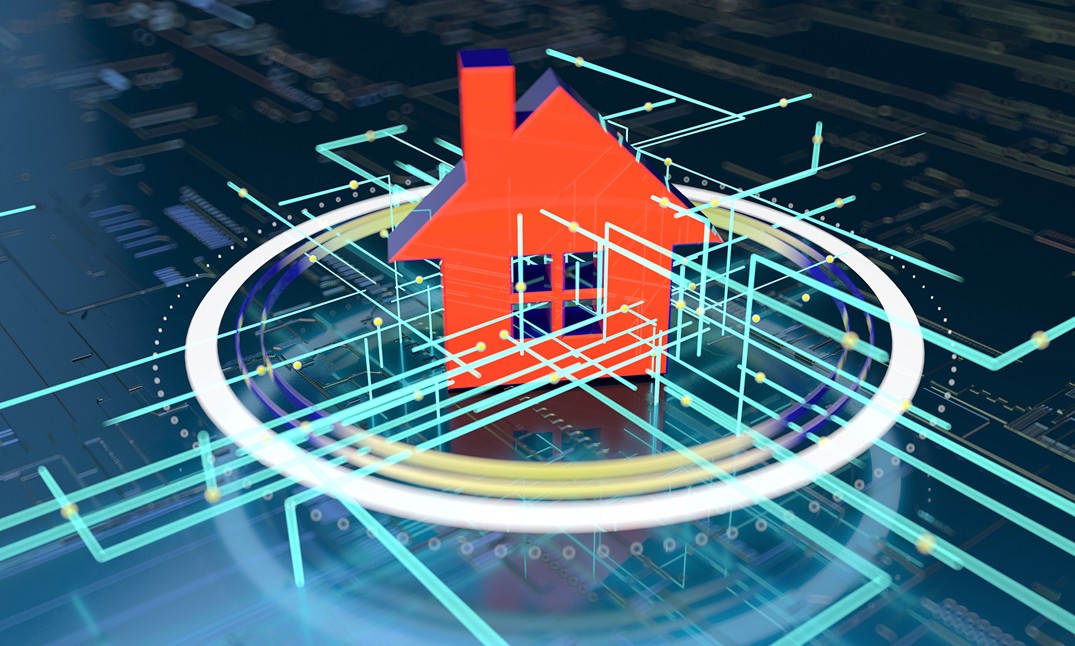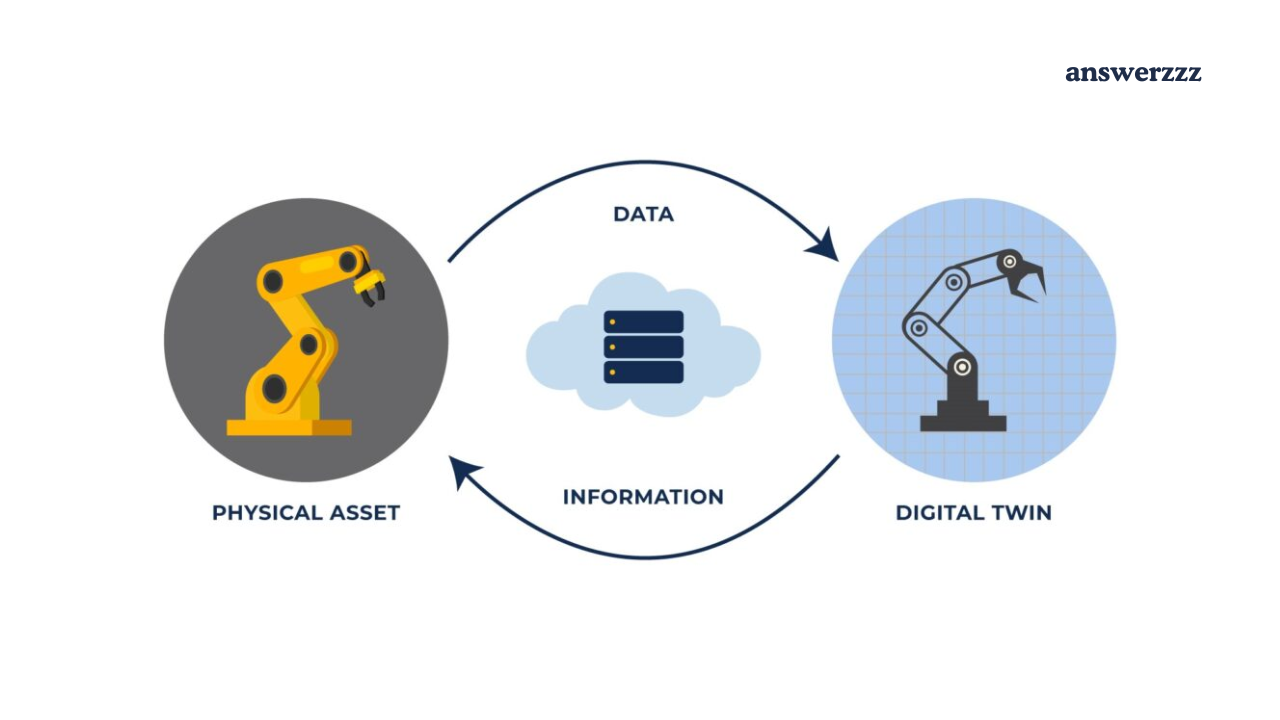In recent years, the real estate industry has been undergoing a significant transformation driven by advancements in technology. Among the innovations reshaping this sector, smart contracts stand out as a game-changing development. These self-executing contracts, based on blockchain technology, have the potential to streamline transactions, reduce costs, and enhance security. In this article, we will explore how smart contracts are revolutionizing the real estate landscape, examining their benefits, use cases, challenges, and prospects.
Understanding Smart Contracts

Smart contracts are digital agreements programmed to execute automatically when predetermined conditions are met. They operate on blockchain technology, which ensures transparency, security, and immutability. Unlike traditional contracts that require intermediaries such as lawyers and notaries, smart contracts can facilitate direct transactions between parties. This feature is particularly valuable in real estate, where multiple stakeholders are often involved, including buyers, sellers, agents, and lenders.
The Benefits of Smart Contracts in Real Estate
1. Increased Efficiency
One of the primary advantages of smart contracts is their ability to automate various processes in real estate transactions. Traditional real estate transactions often involve extensive paperwork and numerous steps, leading to delays and inefficiencies. With smart contracts, many of these processes can be automated, significantly reducing the time required to complete a transaction. For instance, once the conditions of the contract are met—such as the buyer making a payment—the contract executes automatically, transferring ownership of the property.
2. Cost Reduction
Smart contracts have the potential to reduce costs associated with real estate transactions. By eliminating intermediaries and automating processes, parties can save on legal fees, commissions, and administrative expenses. According to a report by the World Economic Forum, the use of blockchain and smart contracts in real estate could reduce transaction costs by up to 10%. This cost-effectiveness makes real estate more accessible to a broader audience, allowing more people to invest in property.
3. Enhanced Security
Security is a critical concern in real estate transactions, given the significant financial investments involved. Smart contracts operate on blockchain technology, which is inherently secure due to its decentralized nature. Once a smart contract is deployed on the blockchain, it becomes tamper-proof and transparent, reducing the risk of fraud. Additionally, all parties involved can access the same version of the contract, minimizing disputes and misunderstandings.
4. Improved Transparency
Transparency is a vital aspect of real estate transactions, and smart contracts enhance this quality. All parties have access to the same information, ensuring everyone is aware of the terms and conditions of the contract. This transparency can help build trust among stakeholders, reducing the likelihood of disputes. Furthermore, the immutable nature of blockchain means that all changes and transactions are permanently recorded, providing a clear audit trail.
5. Streamlined Title Transfers
Title transfers can be a cumbersome process in traditional real estate transactions, often requiring extensive documentation and multiple parties. Smart contracts can streamline this process by automating the transfer of ownership upon meeting specific conditions. For example, once the buyer makes the payment and the seller fulfils their obligations, the smart contract can execute the title transfer automatically, saving time and effort for all involved.
Use Cases of Smart Contracts in Real Estate
1. Property Sales
Smart contracts are particularly beneficial in property sales, where they can facilitate the entire transaction process. By automating tasks such as payments, title transfers, and document verification, smart contracts make buying and selling property more efficient. For instance, a buyer could send payment directly to a smart contract, which holds the funds until the seller fulfils their obligations, such as providing a clear title. Once the conditions are met, the contract executes, transferring the ownership and releasing the funds to the seller.
2. Leasing Agreements
Leasing agreements can also benefit from smart contracts. Traditional lease agreements often require manual monitoring of payment schedules, maintenance obligations, and other conditions. Smart contracts can automate these processes, ensuring that rent is collected on time and that both parties fulfil their responsibilities. For example, a smart contract could automatically release funds to a landlord when rent is paid, while also tracking maintenance requests and ensuring they are addressed promptly.
3. Crowdfunding Real Estate Investments
Smart contracts are transforming the way real estate crowdfunding operates. By allowing multiple investors to pool their funds into a single project, smart contracts can manage the investment process efficiently. Investors can receive automatic updates on their investment status, including rental income distributions and property valuations. This transparency and automation can attract more investors to real estate crowdfunding, providing developers with the capital needed for their projects.
4. Fractional Ownership
The concept of fractional ownership allows multiple investors to own a portion of a property, making real estate investment more accessible. Smart contracts can facilitate this model by managing ownership shares, ensuring that each investor receives their portion of rental income or profits upon sale. This innovation democratizes real estate investment, enabling individuals with limited funds to participate in property ownership.
Challenges and Considerations

While the potential of smart contracts in real estate is immense, several challenges need to be addressed for widespread adoption.
1. Legal and Regulatory Framework
The legal status of smart contracts is still evolving, and many jurisdictions lack clear regulations governing their use in real estate transactions. Establishing a robust legal framework is essential to ensure that smart contracts are recognized as valid agreements in court. Additionally, regulators must consider how smart contracts fit into existing real estate laws, including property rights and consumer protection regulations.
2. Technical Barriers
Implementing smart contracts requires a certain level of technical expertise and infrastructure. Real estate professionals may need to invest in training and technology to effectively utilize smart contracts in their operations. Furthermore, the integration of smart contracts with existing real estate systems, such as multiple listing services (MLS) and title companies, may present challenges that need to be addressed.
3. Scalability Issues
Blockchain technology, while secure and transparent, faces scalability challenges. As the number of transactions increases, the speed and efficiency of the blockchain can be affected. This issue is particularly relevant in the real estate sector, where transactions can involve large amounts of data. Ensuring that smart contracts can operate efficiently at scale will be crucial for their success in the real estate market.
4. Security Concerns
Despite the inherent security of blockchain technology, smart contracts are not immune to vulnerabilities. Coding errors or flaws in the contract can lead to unintended consequences, such as the loss of funds or disputes between parties. Thorough testing and auditing of smart contracts are essential to mitigate these risks and ensure the reliability of the technology.
The Future of Smart Contracts in Real Estate
The Role of IoT in Vehicle-to-Everything (V2X) Communication
As technology continues to advance, the adoption of smart contracts in real estate is expected to grow. With the increasing demand for efficiency, transparency, and security in transactions, real estate professionals are likely to embrace smart contracts as a viable solution.
1. Integration with Other Technologies
The future of smart contracts in real estate will likely involve integration with other emerging technologies. For example, combining smart contracts with artificial intelligence (AI) could enhance decision-making processes by analyzing market trends and property valuations. Additionally, integrating the Internet of Things (IoT) could enable smart contracts to monitor property conditions and trigger maintenance actions automatically.
2. Global Adoption
As more countries recognize the benefits of blockchain and smart contracts, we can expect to see increased global adoption in the real estate sector. This trend could lead to standardized practices and regulations, making it easier for investors and developers to navigate the international real estate market. Moreover, the ability to execute cross-border transactions quickly and securely will open up new opportunities for investment and collaboration.
3. Enhanced Consumer Experiences
Smart contracts have the potential to revolutionize the consumer experience in real estate. By simplifying the buying, selling, and leasing processes, consumers can enjoy a more streamlined experience. Additionally, the transparency offered by smart contracts will empower consumers to make informed decisions and understand the details of their transactions more clearly.
4. Environmental Sustainability
The real estate sector is increasingly focusing on sustainability and reducing its environmental impact. Smart contracts can facilitate this trend by automating processes related to energy consumption, waste management, and sustainable practices. For instance, smart contracts could track a property’s energy usage and automatically adjust systems for efficiency, contributing to a greener real estate industry.
Smart contracts are poised to transform the real estate industry by increasing efficiency, reducing costs, enhancing security, and improving transparency. As technology continues to evolve, the adoption of smart contracts will likely grow, reshaping the way real estate transactions are conducted. While challenges remain, such as legal and regulatory hurdles, the potential benefits far outweigh the drawbacks. As stakeholders in the real estate market begin to embrace smart contracts, we can expect to see a more accessible, efficient, and secure real estate landscape. The future of real estate is not only digital but also smart, promising a new era of innovation in property transactions.




